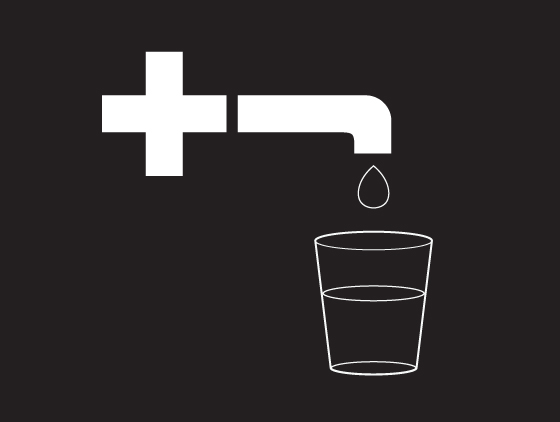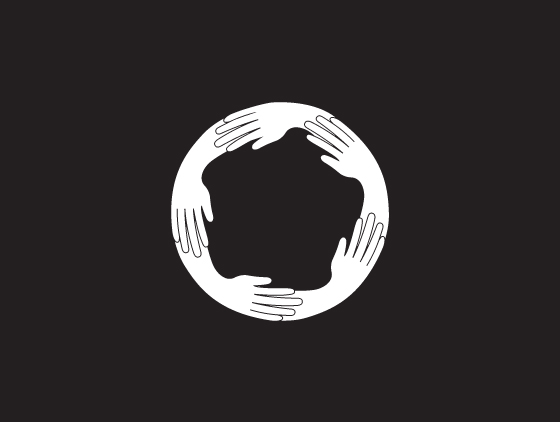 Back when I used to work at Lowe Lintas, I used to strategize for a brand called Pureit, the water purifier from Hindustan Unilever. The product was test marketed in Chennai and at that point in time, 83% of households used to boil water for drinking purposes, as the water condition in Chennai was (and is) extremely bad. Moreover doctors had always been recommending to boil water. So boiled water was considered the gold standard in drinking water.
Back when I used to work at Lowe Lintas, I used to strategize for a brand called Pureit, the water purifier from Hindustan Unilever. The product was test marketed in Chennai and at that point in time, 83% of households used to boil water for drinking purposes, as the water condition in Chennai was (and is) extremely bad. Moreover doctors had always been recommending to boil water. So boiled water was considered the gold standard in drinking water.
The challenge for us was to create the market for water purification systems and more precisely, to change the behaviour of the conservative Tamilians, who had been boiling water for generations, to let go of their old ‘boiling’ habit and switch to Hindustan Lever Pureit. We had created an ad campaign for Pureit, which ultimately went on to win an EFFIE – the advertising effectiveness award, but the ad campaign started only months after the actual launch.
Here’s the interesting part and probably the most effective piece of behavioural design we had implemented – we placed Pureit water purifier at doctor’s clinics. We requested doctors in Chennai to keep Pureit in their clinics as a service to their patients. Doctors agreed and Pureit was placed in thousands of clinics, with a sticker of it being ‘As safe as boiled water’ and another sticker of the toll-free number, which people could call to find out more. This simple intervention served as a sampler, product demonstrator, trial generator, doctor endorser, people-convincer and lead generator all in one.
People believed that the doctor wouldn’t keep the purifier in his clinic, if it weren’t safe enough for his patients to drink. So they drank without worrying, and many Tamilians changed their habit of boiling water, by switching to Pureit.
